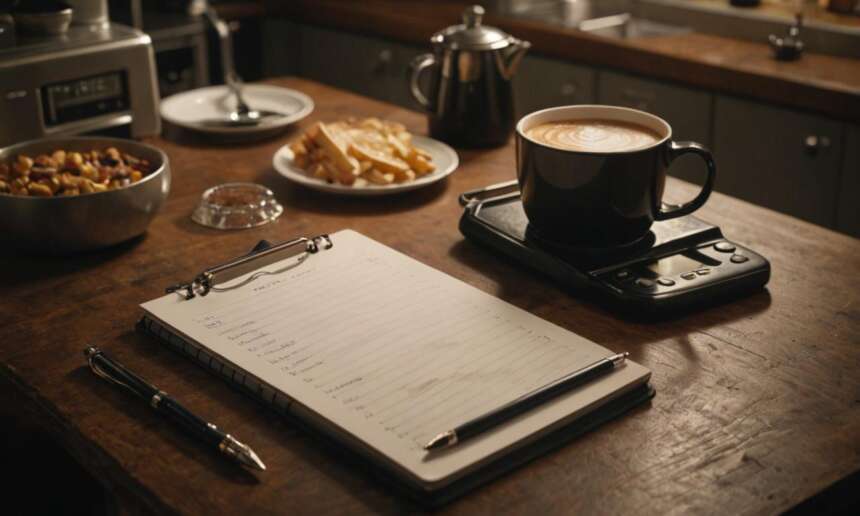Are you considering a career as a waitress? Being a waitress can be a rewarding and fulfilling job, but it also requires certain skills, knowledge, and qualities to excel in the field. In this comprehensive guide, we’ll walk you through everything you need to know about how to be a successful waitress.
Understanding the Role
First and foremost, it’s essential to understand the responsibilities and expectations that come with being a waitress. Waitresses are primarily responsible for taking orders, serving food and beverages, and providing excellent customer service. Additionally, they may need to handle cash transactions, clean tables, and ensure that the dining area is tidy and welcoming.
Developing Essential Skills
To thrive as a waitress, certain skills are invaluable:
- Excellent communication skills
- Ability to multitask efficiently
- Strong memory to remember orders
- Attention to detail
- Patience and a positive attitude
- Problem-solving abilities
Training and Education
While formal education may not be required, many restaurants provide on-the-job training for new waitstaff. This training typically includes learning about the menu, proper serving techniques, and customer service protocols. Additionally, obtaining certification in food handling and safety can be beneficial.
Mastering Customer Service
Customer service is at the heart of being a successful waitress. It’s essential to greet customers warmly, listen attentively to their needs, and address any concerns promptly and courteously. Building rapport with customers can lead to increased satisfaction and repeat business.
Handling Stressful Situations
Working in a restaurant can be fast-paced and demanding, especially during busy hours. It’s crucial for waitresses to stay calm under pressure, prioritize tasks effectively, and work efficiently to ensure smooth operations even during peak times.
Professionalism and Appearance
Waitresses should maintain a professional appearance at all times. This includes wearing appropriate attire, grooming neatly, and adhering to the restaurant’s dress code policies. A polished appearance can instill confidence in customers and reflect positively on the establishment.
Continuously Improving
Lastly, being a waitress is a continuous learning process. Seek feedback from customers and colleagues, and use it to improve your skills and performance. Stay updated on industry trends and strive to provide exceptional service with every interaction.
Being a waitress is more than just taking orders and serving food—it’s about creating memorable experiences for customers and ensuring their satisfaction. By mastering the essential skills, staying professional, and continuously improving, you can excel in this dynamic and rewarding profession.
Frequently Asked Questions
Here are some common questions about working as a waitress:
| Question | Answer |
|---|---|
| 1. Is previous experience necessary to become a waitress? | Previous experience is often preferred but not always required. Many restaurants provide training for new staff. |
| 2. How can I handle difficult customers? | Handling difficult customers requires patience, empathy, and the ability to remain calm under pressure. Listen to their concerns and try to find a solution. |
| 3. What should I do if I make a mistake with an order? | If you make a mistake with an order, apologize sincerely, rectify the error as quickly as possible, and ensure the customer’s satisfaction. |
| 4. How important is teamwork in the restaurant industry? | Teamwork is crucial in the restaurant industry. Collaborating effectively with colleagues ensures smooth operations and enhances the overall dining experience for customers. |
Health and Safety
Ensuring health and safety standards is paramount in the food service industry:
- Follow proper food handling and sanitation procedures to prevent foodborne illnesses.
- Regularly clean and sanitize work surfaces, utensils, and equipment.
- Adhere to safety protocols to minimize the risk of accidents and injuries in the workplace.
Dealing with Emergencies
In case of emergencies such as accidents or medical issues:
- Stay calm and assess the situation.
- Notify the appropriate personnel, such as a manager or medical professional, if necessary.
- Follow established protocols for handling emergencies in the workplace.
Time Management
Effective time management is essential for waitresses to handle multiple tasks efficiently:
- Prioritize tasks based on urgency and importance.
- Use tools such as checklists or task lists to stay organized.
- Allocate time for breaks to avoid burnout and maintain productivity.




